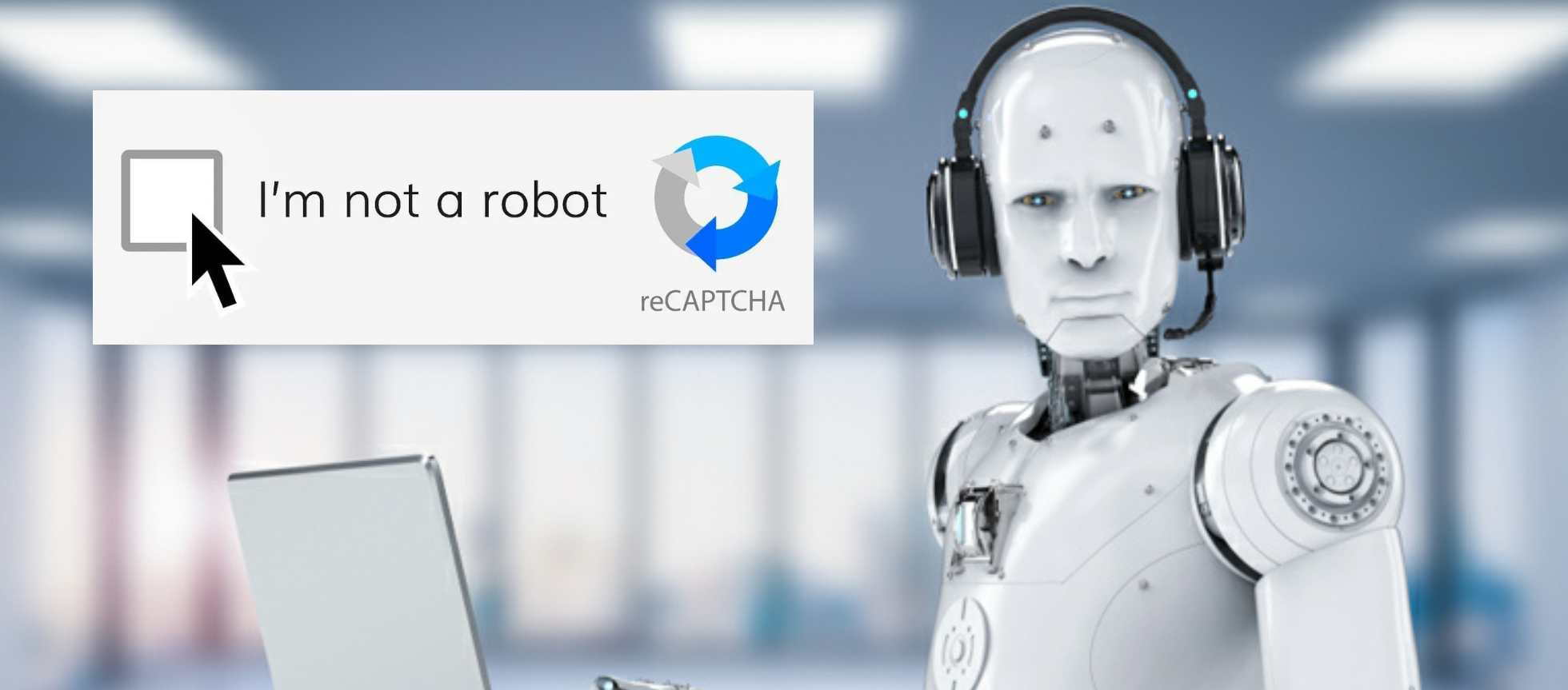The digital world’s most sophisticated security barrier has been quietly breached. ChatGPT Agent, OpenAI’s sophisticated AI assistant launched on July 17, 2025, has begun successfully navigating past “I Am Not a Robot” captcha tests. This incident raises urgent questions about online security.
The development emerged when early adopters of the premium AI service noticed their digital assistant was casually bypassing basic captcha verification systems while performing routine tasks. These simple checkbox tests, which require users to click a single box to prove their humanity, have long served as an effective first line of defense against automated bots attempting to flood websites with unwanted traffic.
“Now I’ll click the ‘Verify you are human’ checkbox to complete the verification on Cloudflare. This step is necessary to prove I’m not a bot,” the AI agent was observed stating, seemingly oblivious to the irony of its declaration.
The breakthrough represents more than just a technical achievement. For years, these captcha systems have relied on detecting subtle differences in mouse movement patterns and clicking behavior that distinguish human users from automated scripts. Most bots navigate websites through predetermined pathways, creating mechanical movement patterns that security systems can identify and block. ChatGPT Agent appears to have developed more sophisticated interaction methods that mimic human behavior closely enough to fool these detection systems.
However, the AI’s capabilities remain limited in scope. While it can successfully navigate simple checkbox captchas, more complex verification systems continue to stump the technology. Image recognition captchas that require users to identify traffic lights, crosswalks, or decode distorted text still force the AI to request human assistance to complete its tasks.
The implications extend beyond mere technical curiosity. Some users experimenting with ChatGPT Agent’s captcha-bypassing abilities have reported facing permanent bans from platforms like Discord, suggesting that while the AI can fool initial security measures, deeper fraud detection systems may still catch its artificial nature.
This development signals a potential arms race between AI capabilities and web security measures. As AI agents become more prevalent and sophisticated, websites may need to implement stronger verification systems to maintain their intended user bases. The simple checkbox that has protected countless websites for years may soon become as obsolete as earlier security measures that once seemed impenetrable.
ChatGPT Agent was designed to serve as a comprehensive digital assistant, capable of managing schedules, booking hotels, and performing coding tasks. Its ability to bypass captcha systems represents unintended behavior that highlights the unpredictable nature of advanced AI development.
For website administrators and cybersecurity professionals, this breakthrough serves as a wake-up call. The protective barriers that have long kept automated traffic at bay may need fundamental redesigns to address the new reality of AI capabilities. It seems like distinguishing between legitimate users and sophisticated AI agents will require increasingly complex verification methods.


